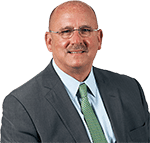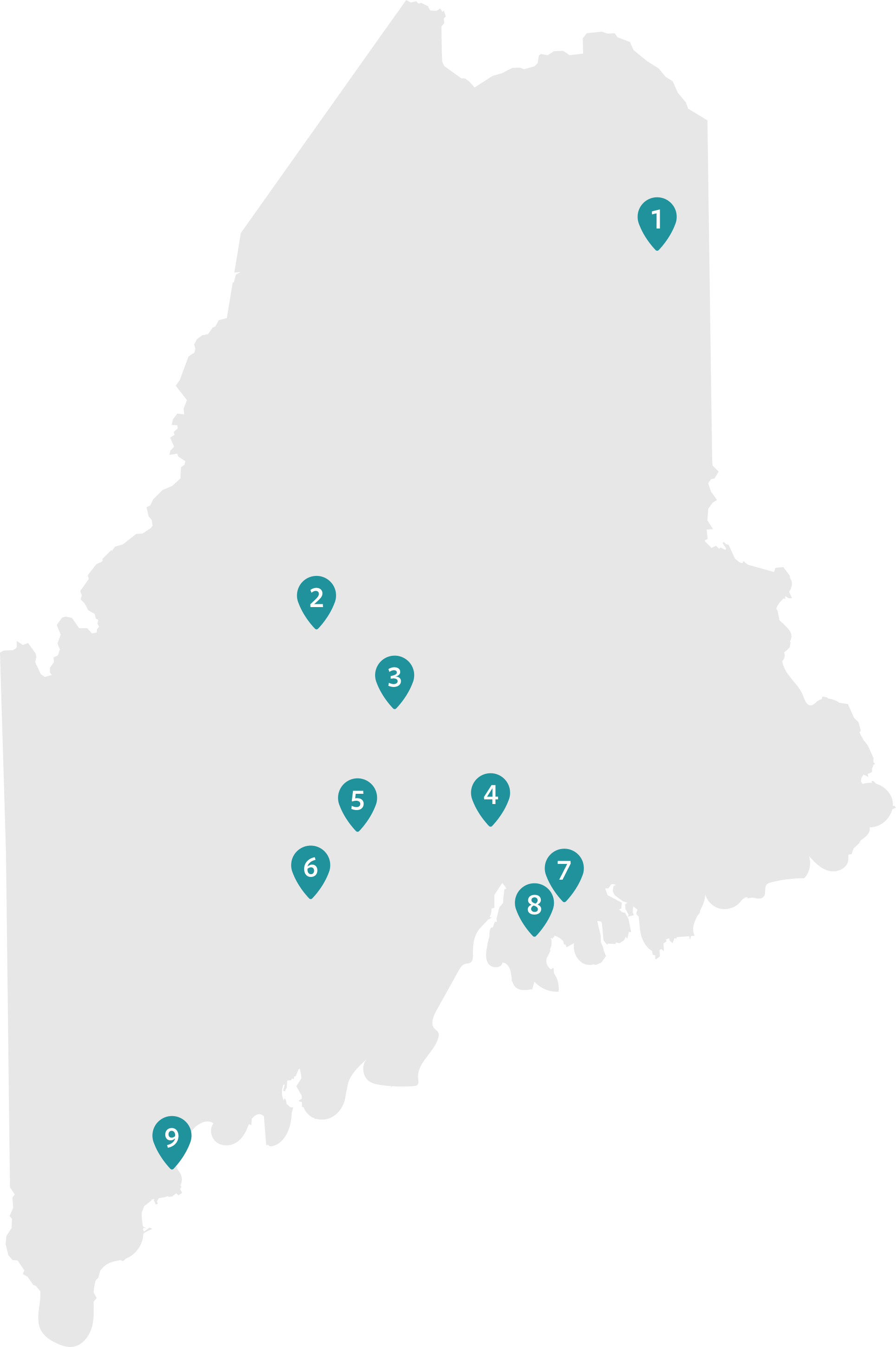Yes, We Can
"Where do you want this?" asks the woman in a purple UNICEF t-shirt wheeling a pallet truck stacked high with boxes onto a loading dock. She's one of the two dozen or so volunteers helping to load donated medical supplies into a container truck parked outside the Partners for World Health warehouse on Canco Road in Portland.
Partners for World Health is a Portland-based non-profit that collects donated medical supplies from hospitals, healthcare systems, and even individual donors and sends them to places worldwide where they are needed. Elizabeth McLellan, RN, MSN, MPH, is the founder and president of the organization. She started it in her home in 2007 after returning from the Middle East, where she worked as a nurse for many years.
"On one of my trips up into Northern Pakistan, I visited a hospital and realized that they were reusing gauze and tape, and they didn't have enough supplies. I said to myself, this is incredible because, in the United States, we're throwing away so much every day in our healthcare system."
Partners for World Health has grown considerably since that time. It now ships out about 50,000 pounds of medical supplies each month, worth about $500,000. Northern Light Health has had a long-standing relationship with the non-profit, but that relationship developed to a new level last summer with the global pandemic.
Navneet Marwaha, MD, senior vice president, chief quality officer, Northern Light Health, couldn't believe how severely the delta variant of COVID-19 was overwhelming the healthcare system in her native India. She watched the evening news in dismay.
"I think it was just the feeling of helplessness. Sitting so far away, I have family and friends in India. My mother lives there half the time, but fortunately was here with me during the pandemic, and both of us just watched the news coming out of the country, and the suffering was just incredible."
Dr. Marwaha reached out to Tim Dentry, president and CEO, Northern Light Health, to see if we could do anything to help. She wondered if we could donate any surplus medical supplies. "I asked him, and the answer came back. Yes, we can!"
She then reached out to Mike Whelan, vice president of Facilities and Supply Chain, and learned that we already had this relationship with Partners for World Health. Whelan's team, led by Mary McCarthy, RN, director of Clinical Value Analysis and Procurement, began putting together a shipment of supplies.
"We do regular business with Partners for World Health, anything that expires, any outdated products, or equipment that we may no longer use, we have donated to them in the past," explains McCarthy. But this time, because the need was so dire, we did much more. Supplies and equipment, including N95 masks, goggles, face shields, and life-saving medical devices such as oxygen concentrators and bag valve masks were loaded onto pallets and delivered to Partners for World Health in preparation for shipment to India.
"This helped me feel that we are making a difference and where I was struggling thinking, 'what can I do?' it's about what Northern Light Health and Partners for World Health are doing," shares Dr. Marwaha, "And that synergy, the power of the many, that is the whole reason we get into healthcare, to heal the sick and save lives."
Partners for World Health has reported that the donated O2 concentrators were expedited through their allies in the US/India Non-Governmental Organization TANA foundation and the first shipments were received at the Amara Hospital in Andhra Pradesh, India and immediately put to use.
Prasad Gourineni, MD, who spends his time between his hospital in India and the U.S., was recently in Portland and thanked everyone for their work in making this happen. He shared the following statement from his hospital administrator: “We are thrilled to have your support. Through your donation, we will be able to help the underprivileged and continue working towards better healthcare for the poor. These supplies will be utilized in the treatment of people below the poverty line who cannot afford better care."




